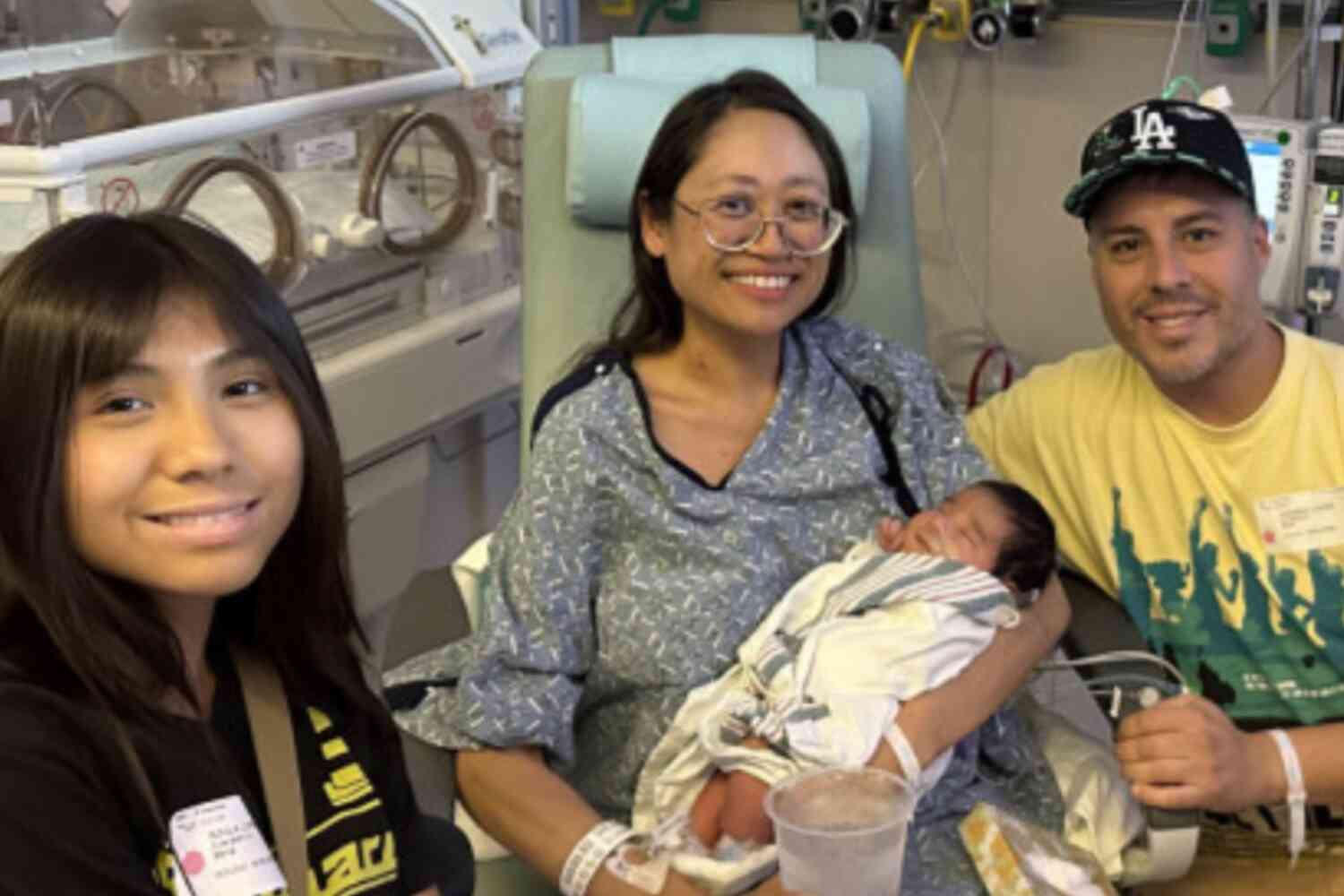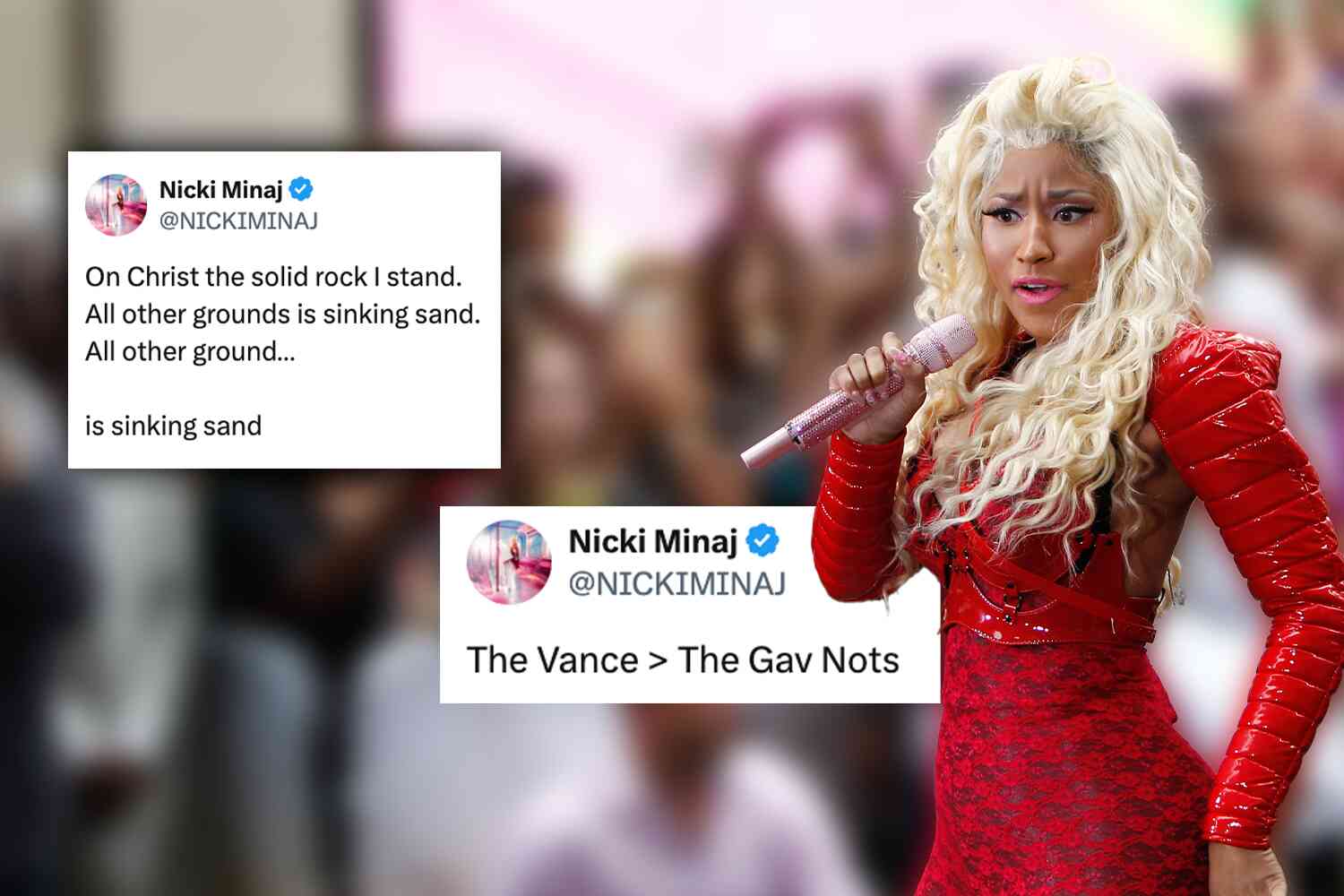Imagine two scenarios: Four years of brainwashing, useless woke education and six-figure debt, or learning a good trade, working at a fun and meaningful job, and earning lots of money?
Which sounds better to you? Take your time.

If you answered #2, you're correct! And thankfully many other young people are starting to realize the same thing:
Today, colleges and universities enroll about 15 million undergraduate students, while companies employ about 800,000 apprentices. In the past decade, college enrollment has declined by about 15%, while the number of apprentices has increased by more than 50%, according to federal data and Robert Lerman, a labor economist at the Urban Institute and co-founder of Apprenticeships for America.
As it turns out, the apprentice trade is diversifying: "About 40%" of new programs are in industries other than construction, including "white-collar" jobs such as banking and consulting.
It makes sense. For decades the mantra has been that you go to college "to get a good job." But if you can get a good job without college — well, why wouldn't you? Especially when college increasingly is making students ill-suited to the actual working economy:
[S]ome employers say a mismatch has developed between the skills employers are seeking and the lessons students are learning in college and university courses. To address the mismatch, companies are dropping requirements for degrees for some jobs, and states are rebuilding the vocational-education pathways that were de-emphasized two generations ago when the nation adopted a college-preparatory path for nearly all students.
Here's what an average firm's apprenticing programs could look like:
Zurich North America, an insurance firm, says it hired 92 apprentices last year, many right out of high school, from more than 800 applicants. Most apprentices attend community college. They are based in offices across the country where they work stints in different departments such as underwriting, claims, audit, statistical reporting, IT, cybersecurity and reinsurance, said Al Crook, who leads the company's apprenticeship program.
It's a welcome change. College is fine for some things — specialized industries, highly technical jobs such as medicine, learning a subject intensively so you yourself can teach it.
For other things, not so much. Are you getting an English degree just for the heck of it? Go read a bunch of books and you can have the same experience for about 5% the cost. Want a history degree? Same thing.
While you're doing all that reading, meanwhile, you can get a real job, make real money, and start building a real, successful life for yourself. It's a win-win.









